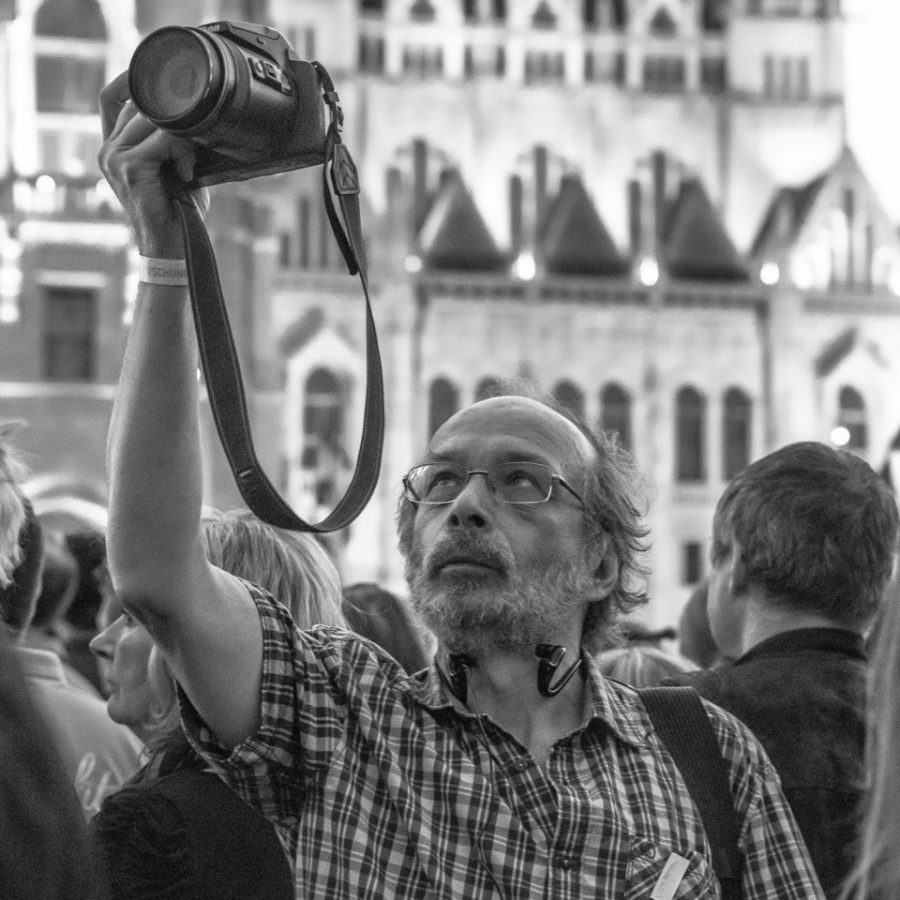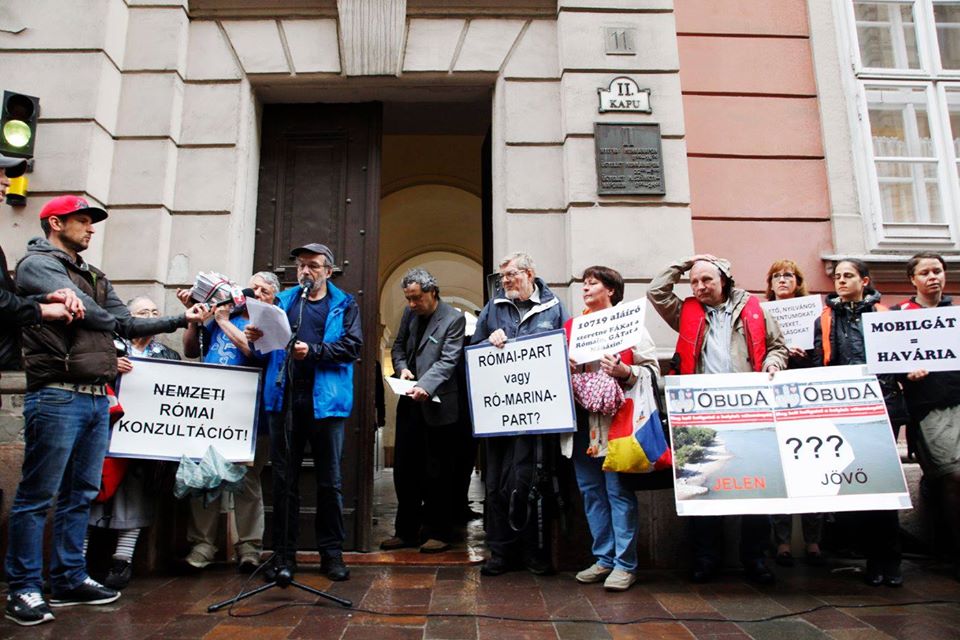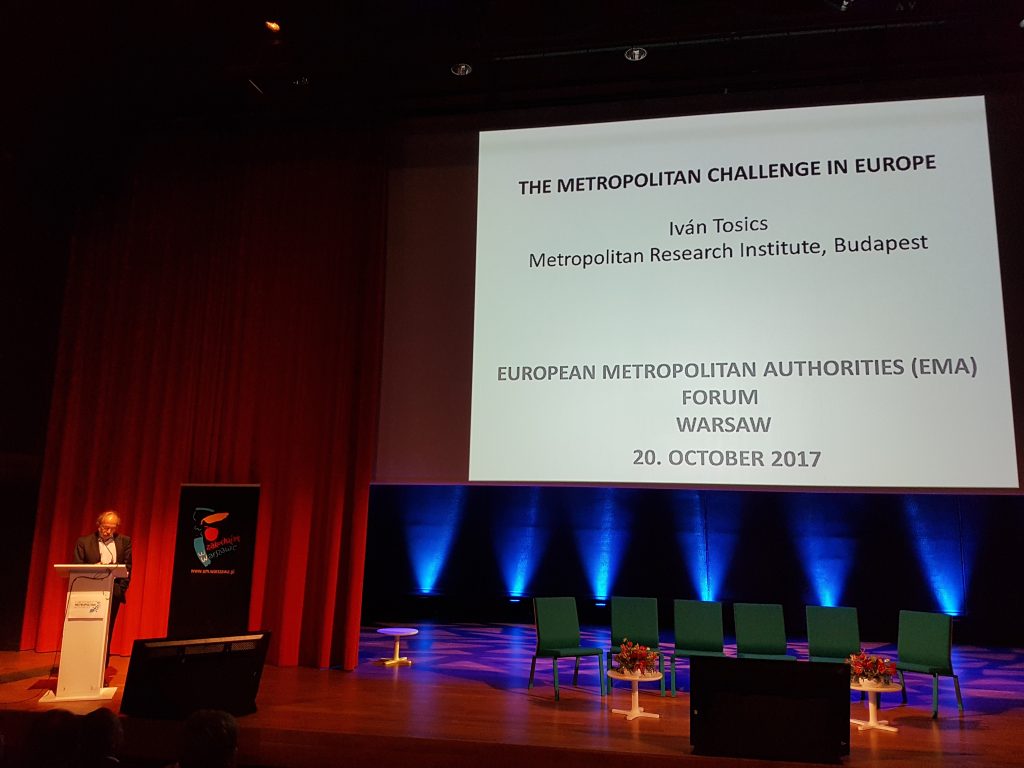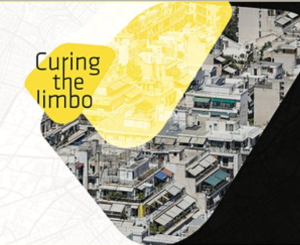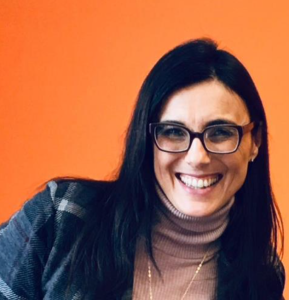On January 25th at 21.00 CET our the second event of Tesserae Dialogues went live online with guest Iván Tosics. Co founder of the Metropolitan Research Institute (MRI), Budapest, Ivan is a sociologist (Ph.D.) with long experience in urban sociology, strategic development, housing policy, and EU regional policy issues. Since 2011 he serves as Programme Expert at the URBACT programme and teaches at the University of Pécs, Department of Political Studies, Doctoral School. He is vice-chair of the European Network of Housing Research (ENHR), executive committee member of the European Urban Research Association (EURA). He is the Policy Editor of the journal ‘Urban Research and Practice’, and publishes extensively on topics like integrated urban development, urban renewal, metropolitan areas, EU urban policies, dilemmas of post-Covid urban development.
Honoured over many years to be working with Ivan, for Tesserae he is more than a simple colleague. He is a friend and the most passionate, attentive, and yet humble thinker who has always an unexpected-and still very plausible- point of view on the complex discussions over urban matters. The fastest note-taker in the world, with always a camera in his hand, one can be sure Ivan records any possible observation at meetings and site visits. Moreover, his background and extensive work in post socialist countries provide contributions that challenge the comprehension of today Eu urban policies and urban development. In our dialogue , we will listen to Ivan personal experiences and memories from three decades’ work on EU matters, and the illusions, results, and disappointments.
Starting from comparative work on housing and urban development he became deeply involved into EU matters already from the middle of the 1990s, i.e., one decade earlier as Hungary joined the EU. Throughout the three decades, Ivan was always a critical observer of the architecture of the EU political construction, analysing all elements of its vertical structure, from the local governments, through the nation-states up to the complex web of EU institutions. In the talk, he will address questions and dilemmas as acts of a drama play.
Prologue: Early understanding in 1990 of the limits of research to influence policymaking. Why housing privatization couldn’t be stopped in post-socialist countries, although we could foresee all its disastrous consequences?
Acts of the drama
- The Urban Agenda – what has changed since the first announcement in 1998?
- How could the new member states convince in 2006 the European Commission to give up its complete ban on spending EU money on housing?
- What kind of innovations emerged in the new member states in the 2000s and why many of these proved to be short-lived?
- The ITI story: why do countries react in totally different ways on innovative EU initiatives?
- The real gatekeepers in the implementation of EU policies: how could the total control of national governments be alleviated?
Epilogue: How can critical thinkers influence policymaking? How long can illusions be chased and what to do when illusions fade away?
Find here the slide presentation
